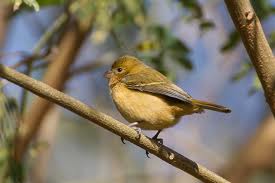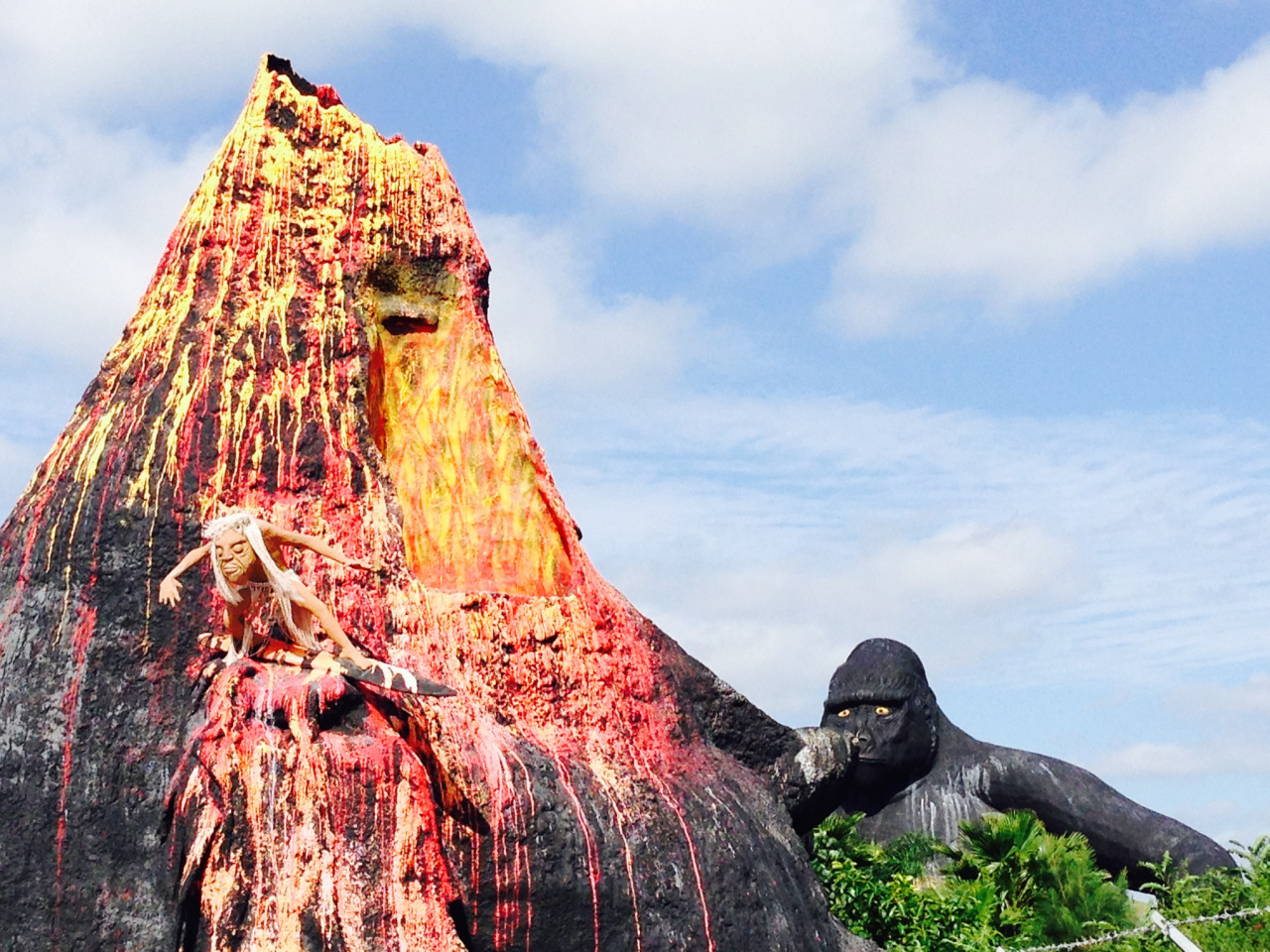Nature is what God or our Maker is all about.
“I hope you love birds too. It is economical. It saves going to heaven.” – Emily Dickinson (1830-1886)
The most important road I’ve taken in finding my spiritual compass was when I got into birding as a kid, and therefore became better connected with the environment.
Around that time, I was sporadically going to the Mt. Vernon Unitarian Church, where I had a couple of friends who attended Burgundy Day School, a privately funded place located in Alexandria. Their seventh-grade teacher, John Trott, was a charismatic naturalist who loved to teach his students about all things connected with natural sciences, with a particular emphasis on birds.
During this time, a group of like-minded people, including John and his wife Lee, convinced others to invest in and support a wildlife camp in Capon Springs, West Virginia. Burgundy Wildlife Camp was situated on a several-hundred-acre plot of land that included several mountains that were part of the Blue Ridge range. That place perhaps had a more profound spiritual impact on me than any other in my life.
Over the years, watching birds has become one of my favorite things to do. Being in the woods and taking it all in is one of the greatest of life’s simple pleasures. Birding reconnects me to nature, and I’m comfortable in the surroundings. As I walk a trail or hike up a mountain, or trek alongside a waterway, sit and observe in a ‘special spot’ somewhere near where I live, I am in the element of my Maker. I have a renewed sense of proper proportions. Life is good.
Birds, of course, have an ancient mythology and mysticism. Go back through time, and you will see winged creatures, usually birds, viewed as visible signs of unseen forces. Their ability to take flight was once thought to be divine. Birds were considered godlike and were thought to create many of the forces of nature, like lightning, thunder, and rain.
However, if the truth be told, for me it’s almost as much about the hunt, locating and identifying birds, as it is about ‘communing’ with nature! To be clear, one of the reasons I’ve always enjoyed birding is the competitive aspects of being outdoors on a bit of a ‘mission’, that is, to keep my ears and eyes open to spotting and identifying birds that may be in the area. Birding has always played to my competitive side.
When I was really getting into birding as a camper at Cooper’s Cove Wildlife Camp in West Virginia, there was a point contest for finding birds’ nests. The more rare the bird, the more points you got. It was one of the most fun times I’ve ever had in my life. During every morning hike, during every bit of free time I had between pressing plants and looking at pond water under the microscope, I was out there trying to find birds’ nests. I found the nests of Blackburnian Warbler, Yellow-Breasted Chat, Field Sparrow, Scarlet Tanager and my pièce de résistance, the home of seven Pileated Woodpeckers, two adults with five young, about 25 feet up in a tree cavity deep in the woods off an old logging road. I was in heaven. I mean it, for emphasis, I was in heaven. My heart soared, and life couldn’t be better. So many of these birding memories have lasted throughout my life, with so many details of sights and sounds still burnished in my brain.
Birding also builds confidence. It’s not easy to focus, process and apply the knowledge required to identify, often quickly, a bird. Sometimes you have to make the ID in the blink of an eye. I feel pretty good and enlightened walking around a park with those that are oblivious to a Black-throated Blue Warbler migrating through the area.
If you elevate birding, your devotion to learning about it, and your commitment to making regular treks to the outdoors, it can become your personal, intellectual connection to a higher being. Thus, it can become a part, perhaps the biggest part, of your spirituality or religion. A certain contentment comes when you’re birding that others don’t experience, until I guess they’re inside their church on a Sunday morning.
All told, birding for me is an incredible ‘package’ of experiences that, when put together, is very spiritual and meaningful in my life.
Around the same time I was hiking the mountains of West Virginia watching birds, I was drawn to the ideas and writings of those who spoke of the need for a person to be ‘connected’ to their surroundings… to their universe. This connection required an appreciation of the incredible importance of the relationships between ourselves and other living things in both the plant and animal kingdoms.
Later, while researching the thesis for my master’s degree, I had the opportunity to explore the conflict between the main belief system of WASP’s in America in the mid-19th century— that Earth was here for man’s plunder—and conservationists like Ralph Waldo Emerson, and John Muir, who said, “When one tugs at a single thing in nature, he finds it attached to the rest of the world.” Wow, did that resonate with me.
I was exposed to the writings of Aldo Leopold, who spoke of the need to embrace a ‘land ethic’ in his book A Sand County Almanac and Henry David Thoreau, who talked of the need to cherish the nature around us in Walden Pond. At some point, it became quite clear to me that we are truly blessed to be on this beautiful planet, and that we play a critical role as stewards of our environment. To me these thoughts quickly developed into a doctrine, a sort of standard of ethical behavior. They are fundamental to being good stewards of this planet.
When you better understand your natural environment and the things living around you, you gain a better perspective of the interconnectivity of everything on the planet. This is empowering. There is a god-power or god-like presence in establishing that connection, which can flood us with peace, spiritual comfort and knowledge. For example, I can see firsthand that the migratory and breeding patterns of birds is changing because the planet is getting warmer. People who refute what’s happening to our climate are simply disconnected from nature—they don’t see it. And they sure as hell don’t get it.
The younger you start enriching yourself with direct, spontaneous experiences of natural surroundings, the better equipped you’ll be to make thoughtful and responsible decisions in your role as a steward of the environment.
But it’s also about connecting with nature in snippets, even when working indoors. One of my most memorable connections with nature occurred in my office when I was working for Kohl’s Department Stores. My office was perfectly situated for watching winter sunsets. It was fantastic to have this great connection to a force outside of work while I was actually working! It was a powerful thing to have when I really needed it.
The strong connection I felt toward nature developed over the years into a comforting spiritual base for me. I had to work through the conflicts, as I saw them, between the ‘givens’ of this faith in nature and the beliefs of the many ‘religions’ I was learning about.
For me, the vast majority of religions focus on people and how we relate to others; it’s all about our connections to the rest of mankind. And most religions over the ages haven’t devoted much time or expended much effort on dealing with our connections to the rest of the world outside of our physical and spiritual beings. So many of the teachings are about ‘reaping the fruits of the Earth’. I’ve been to dozens if not hundreds of church services over the years, and it’s almost always about us. Most of the sins Jesus died for involved relationships between man.
Throughout my life, I have seen the damage that a belief system focused just on the flesh and blood of man has done to the ecosystems and the rest of the planet. I’ve seen many likable enough people who no doubt feel they are God-fearing, living the ‘right’ life, and believe they will go to Heaven. But so many of these people don’t have a clue about their relationship with other living things. They couldn’t possibly entertain the idea that this interconnectivity should be part of their belief system or spiritual base.
That disconnection has always been a major struggle and frustrating for me. There is no way my God is doing cartwheels about all the ‘well-meaning’ people on this planet who don’t believe their relationship with nature is important.
Rusinow, Jeff (2011-06-29). What I Really Think: The Deep End Chapters. ETR Publishing Group, LLC. Kindle Edition.
Best wishes for a Happy, Healthy, & Fun New Year!
Photo: Wisconsin, Summer 2013

















































